much authority as those of Leningrad, where he grew up, and Norenskaya, where
he served time. In an elegy for Robert Lowell, he writes of "church-hooded New
England," of planes at Logan that "thunder off from the brown mass of
industrial tundra with its bureaucratic moss."
man or the poetry. He is no longer, as he once described himself, in the
plight of Lot's wife, the exile looking back. And yet one feels that even as
he alights here, the momentum of his exile is still pushing him onward. In a
recent essay, he compared the exiled writer to a man "hurled into outer space
in a capsule . . . and your capsule is language."
The fiction writer, he says, "ought to have a community settled in its ways in
order to comment on it. But poetry is not a comment on the life of society.
Poetry, is essentially the moment in the history of language. Unlike a prose
writer, the poet is like a bird who starts to chirp no matter what branch he
lights on."
prizes, "If I were Frost, I would indeed seek all forms of recognition, not so
much to tickle my ego, but create a situation where my work would find a
greater readership."
"I'm not a native son," he says. "In the spotlight, I feel a bit
uncomfortable. The accent would be the first reason. I know I may sound
unconvincing. But it is pure and simple animal insecurity. And if I can speak
about myself with sobriety, I have sought a slightly different posture, a
posture of somebody isolated, operating in his own idiosyncratic way, somebody
on the outside instead of in the thick of things." He pauses, then delivers
the punchline. "Finding myself one day outside Russia," he says, "in some
grotesque way, was a very congenial thing."
a blaze of clarity that he would become a poet. "It simply happened," he says.
"In some ways, I'm distressed to have turned into a professional writer. I
used to regard it as a byproduct of life, a gentleman's occupation. A picture
I had was to be in the merchant marine, a deckhand, to disembark at a cheap
hotel and write a couple of elegies." And yet, during his trial in Leningrad
on charges of "parasitism," the Soviet judge questioned where the writing of
poetry could be learned, if not in school. "I think that it comes from God,"
he had said.
individuality. "This may be a very crass view of the medium," he says, "but
it provides the reader with the sense of his own uniqueness. Poetry offers a
higher plane of regard. It is a terrific accelerator of one's mental
operations. To use the modern lingo, it expands your consciousness. And in
that sense, it saves."
students to memorize up to 2,000 lines of poetry a semester. He tells them, he
says, "Let's commit this stuff to our brains, to our bloodstream."
as well as popular culture. "Every society," he says, "has in its articulation
a positive slant, a positive tenor all the time. The way the politicians talk,
the way commercial people talk. The language gets tilted, and literature tries
to restore the balance, to convey the idea that life is a double-edged sword.
that exceeds your expectations, you are prone to get hysterical or to say that
someone deceived you. You look around for a culprit. What a poet tries to do
is tell you that the wolf is never too far. It may be inside already. It may
be that you are the wolf yourself."
Soviet boy," he says. 'I could have become a man of the system. But something
turned me upside down, 'Notes from the Underground.' I realized what I am.
That I am bad."
from the modern world. And paradoxically, he says, it is the belief in
humanity's fundamental goodness that has led to the tyranny of the state. "We
are victims of the enlightenment," he says. "We are all Rousseau-ists, who
believe that man is good, and that the institutions have spoiled him. Hence we
have to improve the institutions, which results in the ideal state -- the
police state."
another," he says, "the species is becoming a victim of technology. The nation
falls under the spell of the TV screen. Eventually, the diversity of opinion
is going to shrink to the number of networks." As for the aesthetics of
technology, he observes, "Everything is done in an opaque block of color and
texture," he says. "The dashboard of the car looks like the VCR, and the VCR
looks like the Uzi machine gun. Perhaps a Japanese firm like Sony could
combine into one unit a machine gun, a camera, a VCR, and a car. A fusion."
get absorbed by political figures," he says -- he feels that Americans reacted
naively to the Soviet leader's recent visit here. "You put anybody on the TV
screen, and you will get a following," he says. "You wouldn't want to live
under that man. But to watch him on TV is all right. You feel that you are in
control, that you can switch him on and off."
certain American naivete about human nature. "What I feared most of all in my
first years here was that it would turn me into a simpleton. It's a good thing
I arrived here not at the age of 18 but at 32. I'm not saying one should
concentrate on one's dark nature. But with good intentions, you can do a lot
of harm. For instance, by loving someone you can wreck someone's life as
substantially as by hating. You love that person, and you are convinced of
your noble motives, and you impose yourself on that person. You reduce that
person's options and confine that person to yourself. It should cross your
mind that maybe there is somebody better than myself for that person. That is
why the epithet `love is blind.' Love should not be blind, it should be very
keen."
class to another, crossing continents and centuries, teaching first the
majestic fatalism of Thomas Hardy and then the wild resolve of Pushkin. He
translates Pushkin line by line, as his friend, the poet Derek Walcott,
described in a poem he dedicated to Brodsky: "Under your exile's tongue, crisp
under heel, the gutturals crackle like decaying leaves." As Brodsky walks
wearily back across the snow, bundled up in his flapped Russian fur hat, I
feel startled again by the unlikely scenario of the exile who has landed here,
an exotic bird alighting on the tundra, an unexpected gift of grace.
lyric poets Derek Walcott and Seamus Heaney onstage at the American Repertory
Theater for a reading of his poetry. Wallace Shawn will read a portion of
Brodsky's play, "Marbles."
___
an ancient literary tradition. In the manner of Virgil, Dante and Joyce,
Brodsky has bestowed his gifts on the Russian language from afar, in exile. So
common is the literal experience of exile among poets that Baudelaire took it
as an allegory for the poetic condition.
not merely on a Russian writer who has had but four of his poems published
legally in the Soviet Union, and not solely on a survivor of "Gulag
University," but on a figure who incarnates the poetic way.
homeland, in an open letter to Leonid Brezhnev. "I belong to the Russian
culture. I feel part of it, its component, and no change of place can
influence the final consequence of this. A language is a much more ancient and
inevitable thing than a state. I belong to the Russian language."


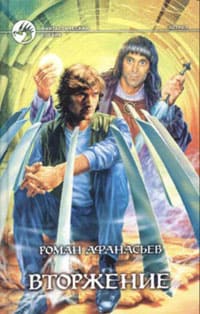
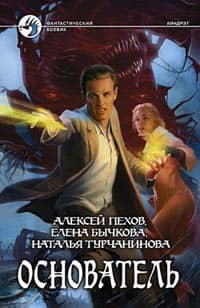
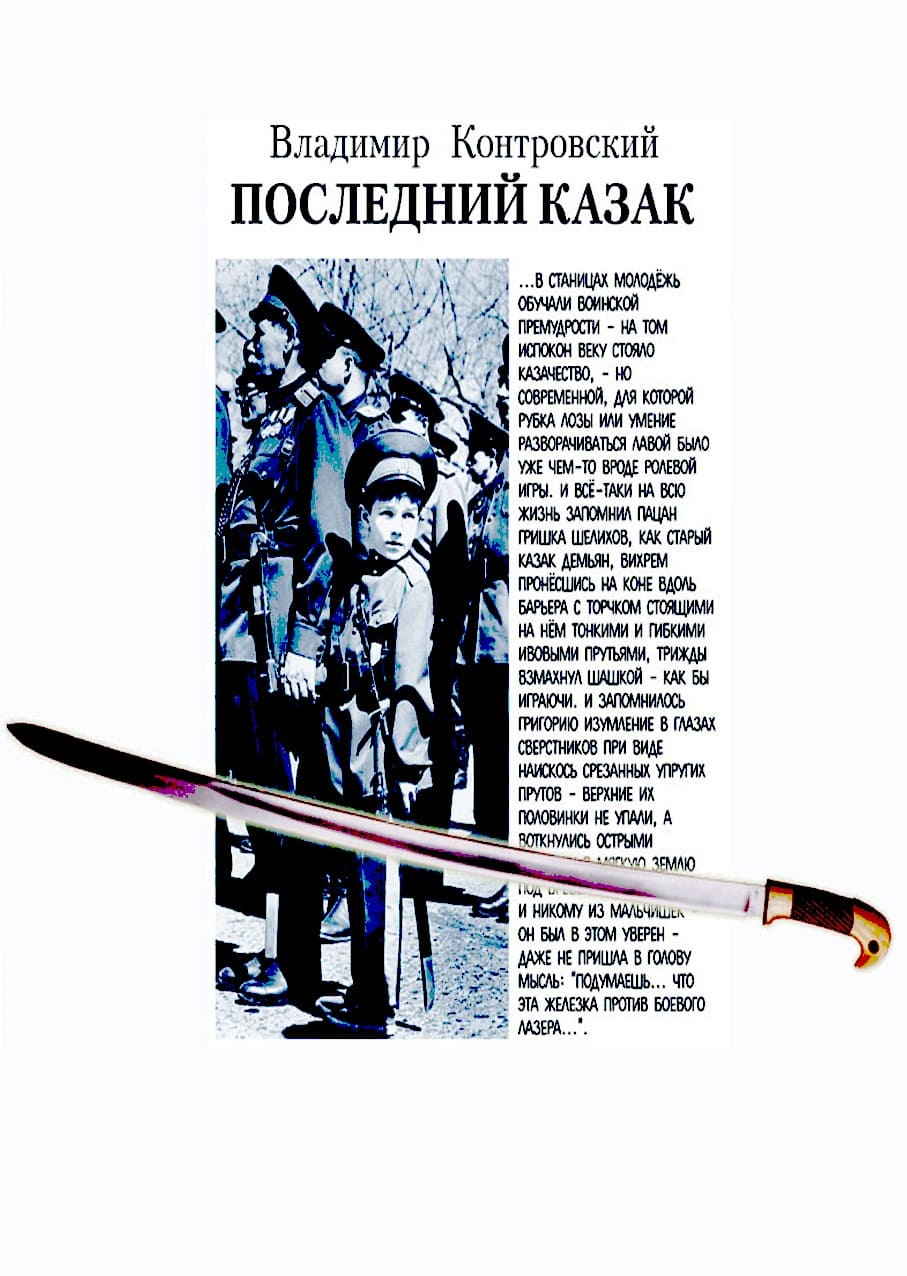
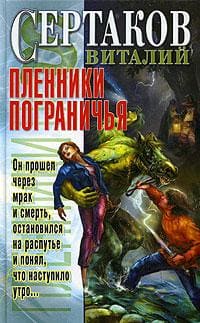
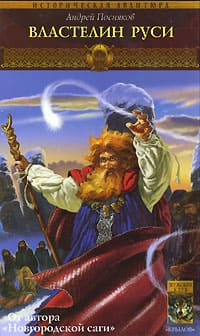 Посняков Андрей
Посняков Андрей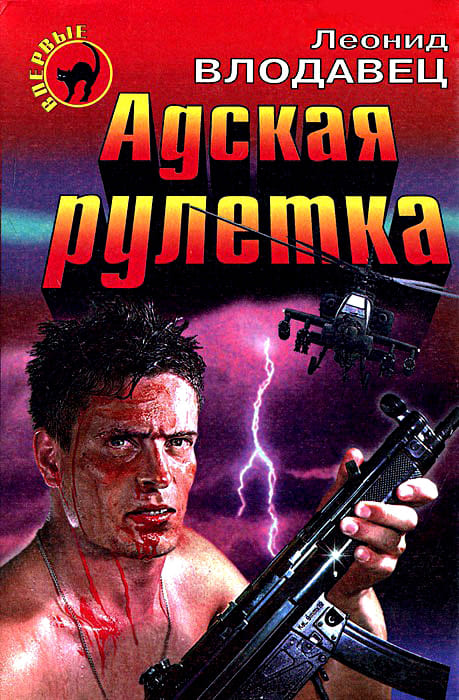 Влодавец Леонид
Влодавец Леонид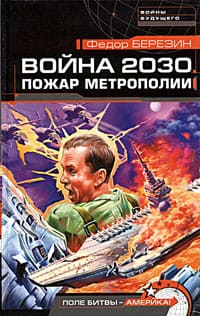 Березин Федор
Березин Федор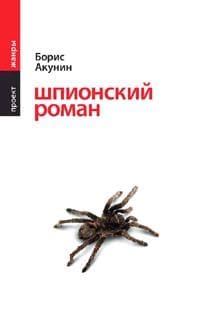 Акунин Борис
Акунин Борис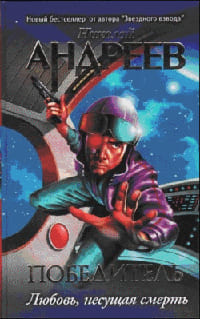 Андреев Николай
Андреев Николай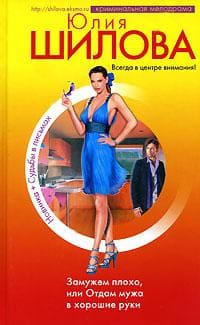 Шилова Юлия
Шилова Юлия